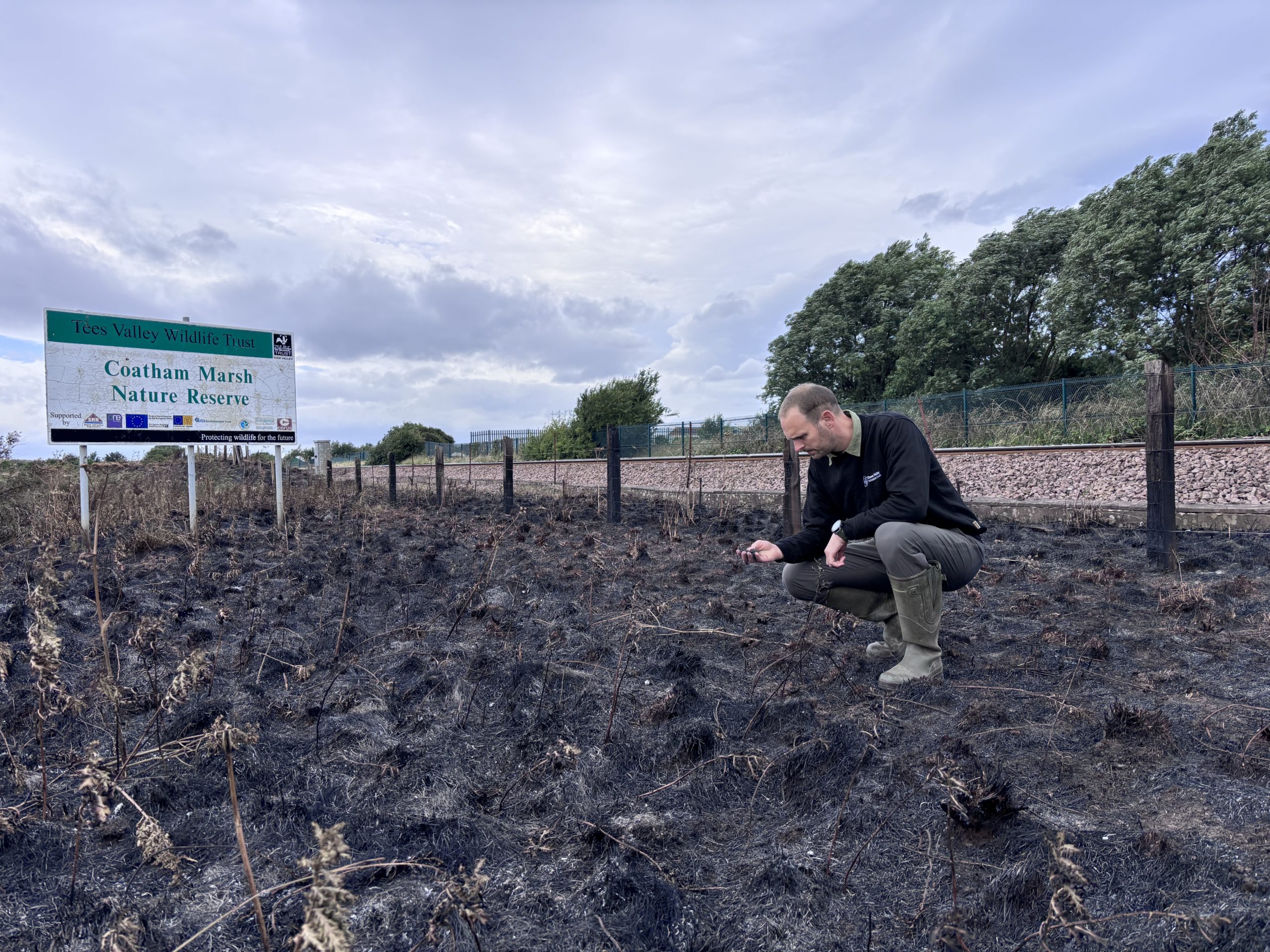The Wildlife Trusts have joined other nature charities in asking the Office for Environmental Protection to investigate the Government’s failure to publish required nature recovery targets by the stipulated deadline of Monday 31st October.
The Government has broken the law by failing to set the targets – the Secretary of State, Therese Coffey, has acknowledged that Defra is unable to do so despite the fact that the Government has been developing these targets for over three years and has had over four months since the public consultation closed.
These targets were stipulated in the 2021 Environment Act and promised in the Conservative Party’s 2019 manifesto. They are the legal foundation for nature’s recovery – requiring action to turn the tide of nature’s extreme declines. Without the targets, the Government also risks missing the legal deadline to publish a new environmental improvement plan.
Draft Government proposals published earlier this year were notably unambitious. They suggested aiming for just 10% more nature in 2042 than 2030 levels, by which time the state of our natural world is expected to have declined even further. This would mean that England will have even less wildlife in 20 years’ time than we do now.
Craig Bennett, chief executive of The Wildlife Trusts, says:
“The Government rightly trumpeted the Environment Act as a world-leading piece of legislation – so it’s dismal that they’ve fallen at the first hurdle. We need a highly ambitious plan for nature’s recovery on land and at sea as a matter of extreme urgency – without it we cannot tackle the wildlife and climate crisis.
“Powerful, legally-binding environmental targets should provide the long-term certainty needed to drive investment in environmental restoration and ensure that future governments are held accountable for their action on nature.
“The Government risks major embarrassment if it doesn’t publish the missing targets in time for the global biodiversity conference, COP15, in December. How can this country appear on the world stage to talk about international commitments – such as protecting 30% of land and sea by 2030 – if we’ve failed to set targets at home?”
The Wildlife Trusts are calling for:
- A stronger species abundance target. A proposed target to increase the abundance of wildlife by 10% by 2042 compared to 2030 levels is far too weak and uncertain. Instead, the Government should set a target to increase the abundance of marine and terrestrial species by at least 20% by 2042 compared to 2022 levels.
- A target for the condition of protected wildlife sites. The extent and quality of habitats are crucial for nature’s recovery. At the moment, just 38% of Sites of Special Scientific Interest in England are in favourable condition, despite being some of the most precious places for wildlife. Yet the Government has not proposed a statutory target to improve the state of protected sites, despite its commitment in the 25 Year Environment Plan to ensure three quarters are in good condition.
An overall target for improving water. Pollution from agriculture, sewage, roads and plastics is destroying freshwater habitats and making our rivers dangerous for both humans and wildlife. Currently, river basin plans set out how to improve our waters with many targets set for 2027, but if Retained EU Law is revoked, these will have little influence. The Government should set a long-term target for at least 75% of rivers, streams and other freshwater bodies to reach an overall “clean waters” status by 2042.




